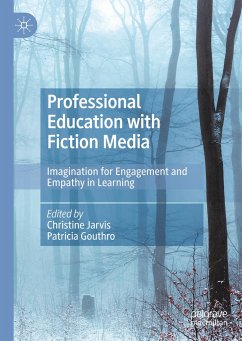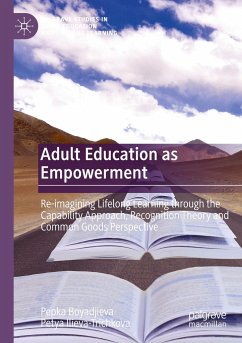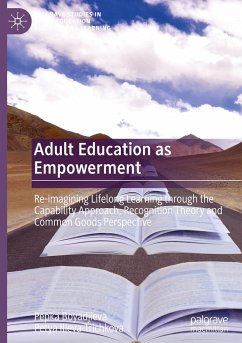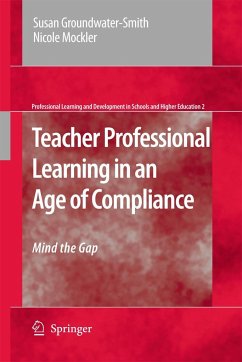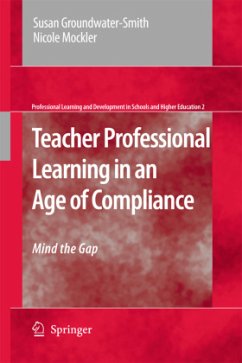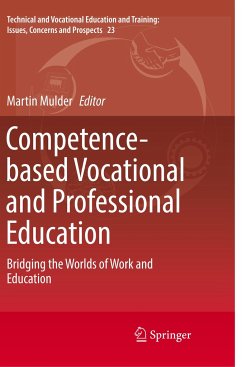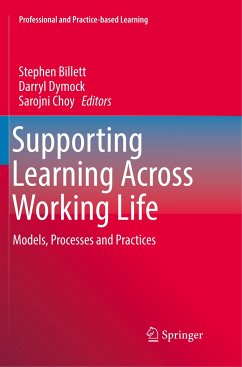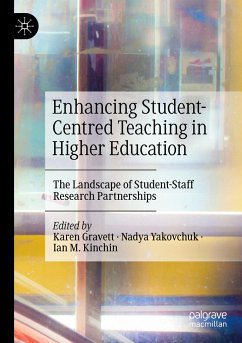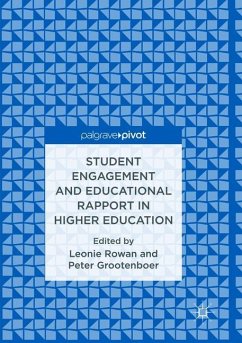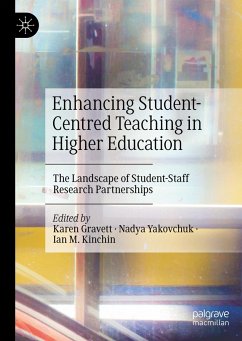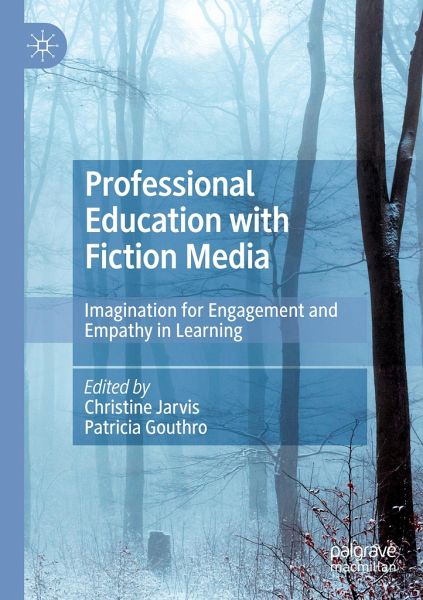
Professional Education with Fiction Media
Imagination for Engagement and Empathy in Learning
Herausgegeben: Jarvis, Christine; Gouthro, Patricia
Versandkostenfrei!
Versandfertig in 6-10 Tagen
76,99 €
inkl. MwSt.

PAYBACK Punkte
38 °P sammeln!
This book analyses how narrative fictions can be used by faculty and staff in the teaching of professionals in higher education. As professional life becomes ever more demanding, this book draws together the work of researchers and practitioners who have explored the tremendous impact that narrative fictions - novels, short stories, drama and poetry - can have on development. The editors and contributors posit that fiction can help professionals imagine new ways of being, reinvent their roles and tackle problems without a road map. Using fiction can also provide a safe place for the exploratio...
This book analyses how narrative fictions can be used by faculty and staff in the teaching of professionals in higher education. As professional life becomes ever more demanding, this book draws together the work of researchers and practitioners who have explored the tremendous impact that narrative fictions - novels, short stories, drama and poetry - can have on development. The editors and contributors posit that fiction can help professionals imagine new ways of being, reinvent their roles and tackle problems without a road map. Using fiction can also provide a safe place for the exploration of ethics and decision making, as well as furnishing tools for the development of empathy and engagement by offering vicarious experiences of drastically different lives and situations. A medium that by its very nature contains a multiplicity of interpretations, using fiction in professional education can enhance the education of professionals working in a range of disciplines, including health,education, social care, law and science.





